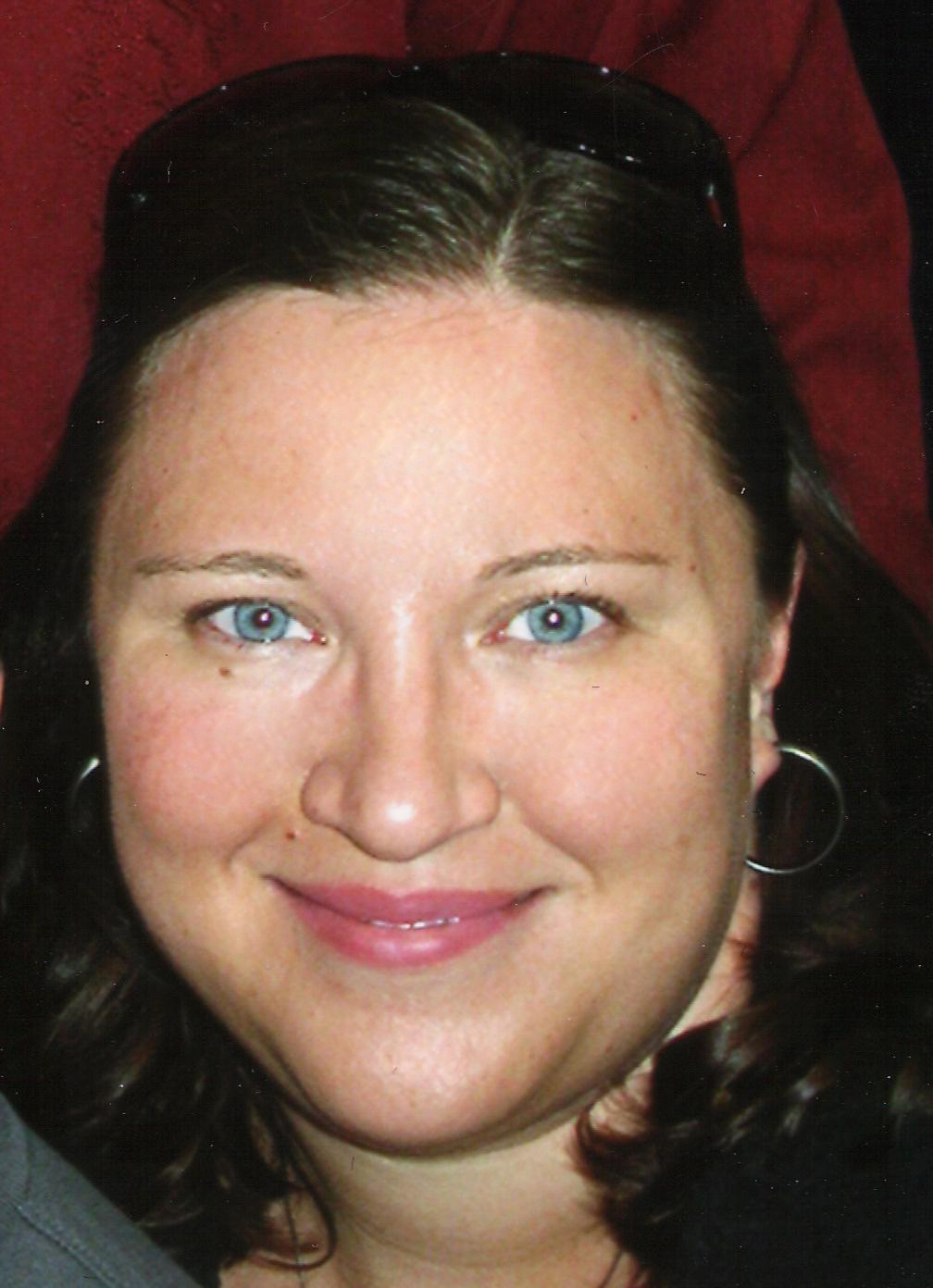Sharing customers seems incompatible with a competitive marketplace, but examples of such cross-promotion are everywhere: the bank or coffee shop that occupies its own niche inside a supermarket, for example, or the fast-food chain that promotes a blockbuster movie with theme-related food offerings.
But the large corporations that take advantage of these strategic arrangements don’t have a franchise on cross-pollination. In fact, many small businesses have found that collaborating with a compatible business or businesses can be mutually beneficial: It can help all parties expand their outreach into new sales channels and build a client base while saving marketing costs. Continue reading










